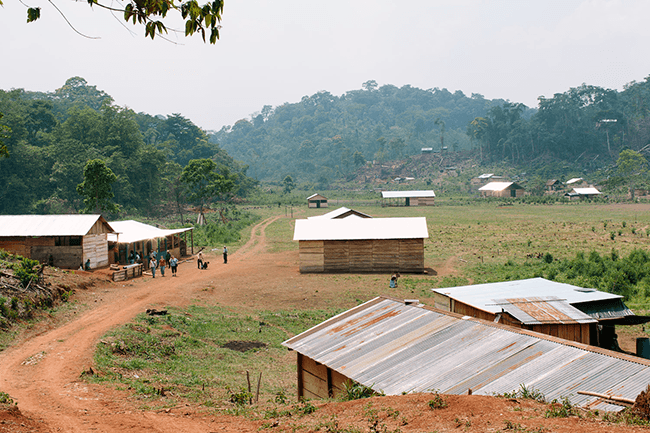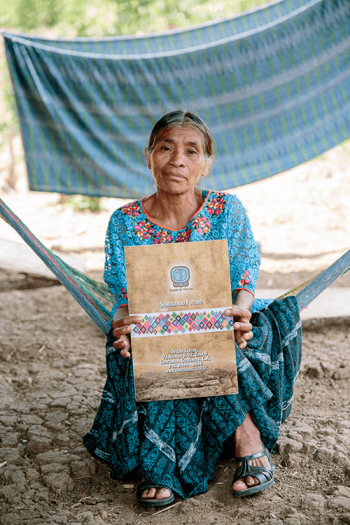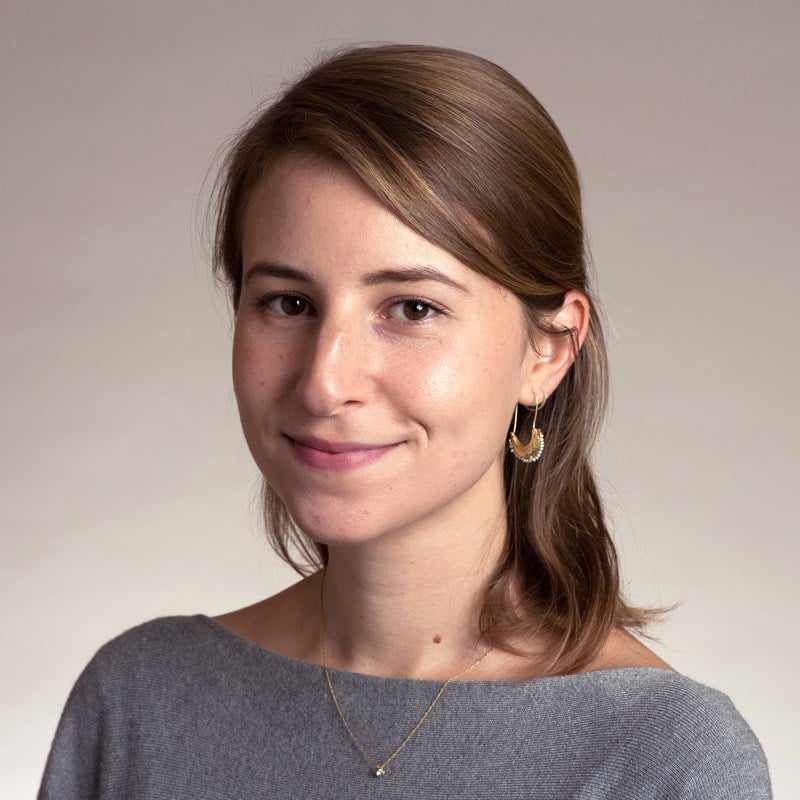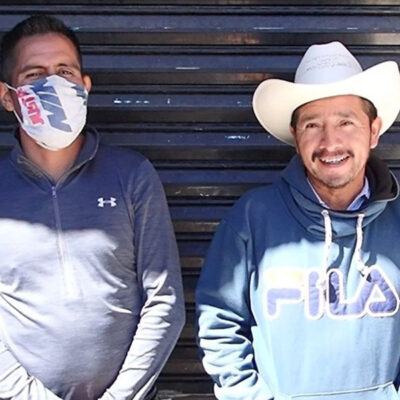In the hot, rural plains of Altaverapaz, Guatemala, there is a small agrarian community, 81 families strong. They’ve only just arrived at La Flecha in the last year, trickling in to this neglected farm after being displaced from different lands in the region.
Life in La Flecha isn’t easy. Small cinderblock houses with tin roofs shelter whole families. Two shallow wells provide water for washing, but potable water must be brought in from neighboring areas. There are no schools for children, no healthcare for anyone—even band-aids and aspirin are hard to come by.

The terrain is depleted—it was used most recently as a private cattle farm, and overgrazing and poor maintenance have made the earth tough to work. If the community is to grow crops and subsist on this land, they must first till and revitalize the soil. Lacking modern farming equipment, this process will take years of hard labor. And in the meantime, these farmers are forced to rent plots on neighboring farms—going into debt—in order to feed themselves and their families.
But the community of La Flecha has something that most indigenous farmers in Guatemala don’t: land titles.
In February of this year, after a long and arduous battle, the newly formed community—a group of farming families from across Altaverapaz who had been forcefully displaced from their lands, sometimes more than once—was able to secure ownership rights over this land, with the help and leadership of AJWS grantee Comité Campesino del Altiplano (Peasant Committee for the Defense of the Highlands, or CCDA).

One member of this community is 57-year-old widow Dominga. Diabetic and nearly blind, Dominga now owns land for the first time in her life. Long before arriving at La Flecha, she and her family lived and farmed on lands that had been worked and cared for by her community for generations and generations, predating modern titles and deeds. But when a wealthy landowner purchased the territory she lived on, he hired a paramilitary group to do away with its residents.
“I cried and cried,” Dominga recalls of the night the thugs came. “They threw away our food, our pots and pans, our clothing…they burned down my house…they took everything.” Landless and penniless, Dominga and her family were forced to run to the mountains for fear of their lives. “We didn’t know what to do,” she says, “we didn’t have a way to survive.” But fortunately, Dominga and her family got connected to CCDA. “They came for us and took us to their office, where we lived for 15 days.”
CCDA’s staff then brought Dominga and her children to La Flecha, along with other families in similar dire straits who needed a place to call home.
“It’s very hard, to be suffering and fighting for this land. But like I tell my children, we have to endure it, we have to remain here and persevere.”
Despite the challenges that lie ahead to develop this community and make the land fertile once more, for Dominga, knowing that she will never be displaced again is invaluable. “When we arrived here, I felt relief from all the pain I’ve endured,” she sighs. “Our fight for our lands is not easy. It’s true that now we have to work hard to make the land bear fruit—but now we have where to live. Lands that belong to us.”
Tamar Karpuj is the Publications and Marketing Editor at AJWS.



